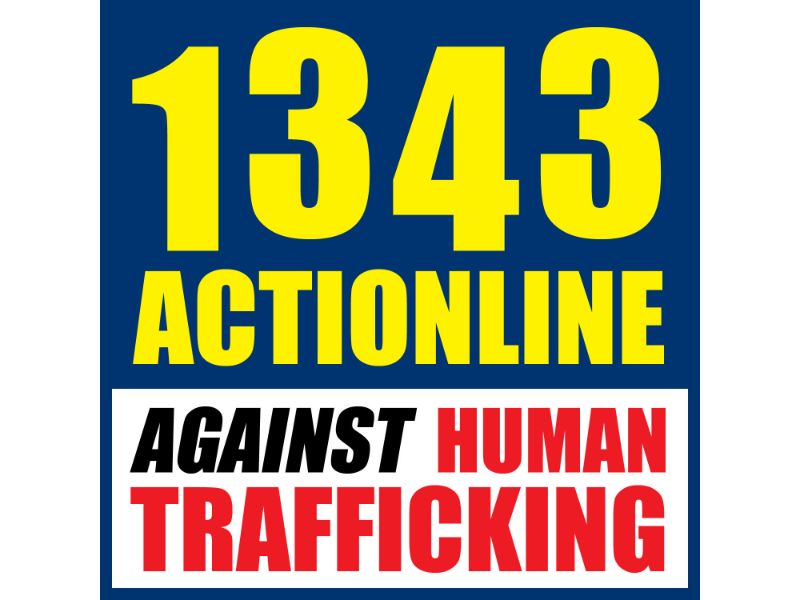Among "hotspots" of the trade is Taguig City, while Iligan City, Cebu, Pampanga and Tarlac are areas with the most recorded cases.
The victims, he said, were made to believe by their own parents or guardians that their sexual acts shown online were harmless as there is no physical contact.
Special Agent Michael Van Aelstyn of the FBI Violent Crimes Against Children Unit said online sexual exploitation in the Philippines mostly happen in cybersex dens.
The Pampanga den, per FBI monitoring on the internet, offered children posing naked and performing online sex.
The FBI lists Southeast Asia, South America and Africa as "hotspots" of child sex tourism, based on data from 2014 to 2016.
The sex offenders are mostly from Europe, the US and Australia, and usually begin communicating with Filipino adults posing as missionaries or NGO workers who could help finance children's schooling, said Aelstyn.
“There js no specific demographic... what we usually see are white males, typically middle age,” he said.
Once trust is earned, they encourage the Filipinos to show children via webcam, and the sexual exploitation begins.
He said the trade has flourished as offenders perceive cybersex as "safer," services are "relatively cheap," payment is easy via remittance centers, and there is "control over what you purchase," Aelstyn said.
Over the last two months, authorities busted cybersex operations in Taguig, Butuan, Iligan and Cebu, where several suspects were arrested and minors rescued.
- report from Sherrie Ann Torres
